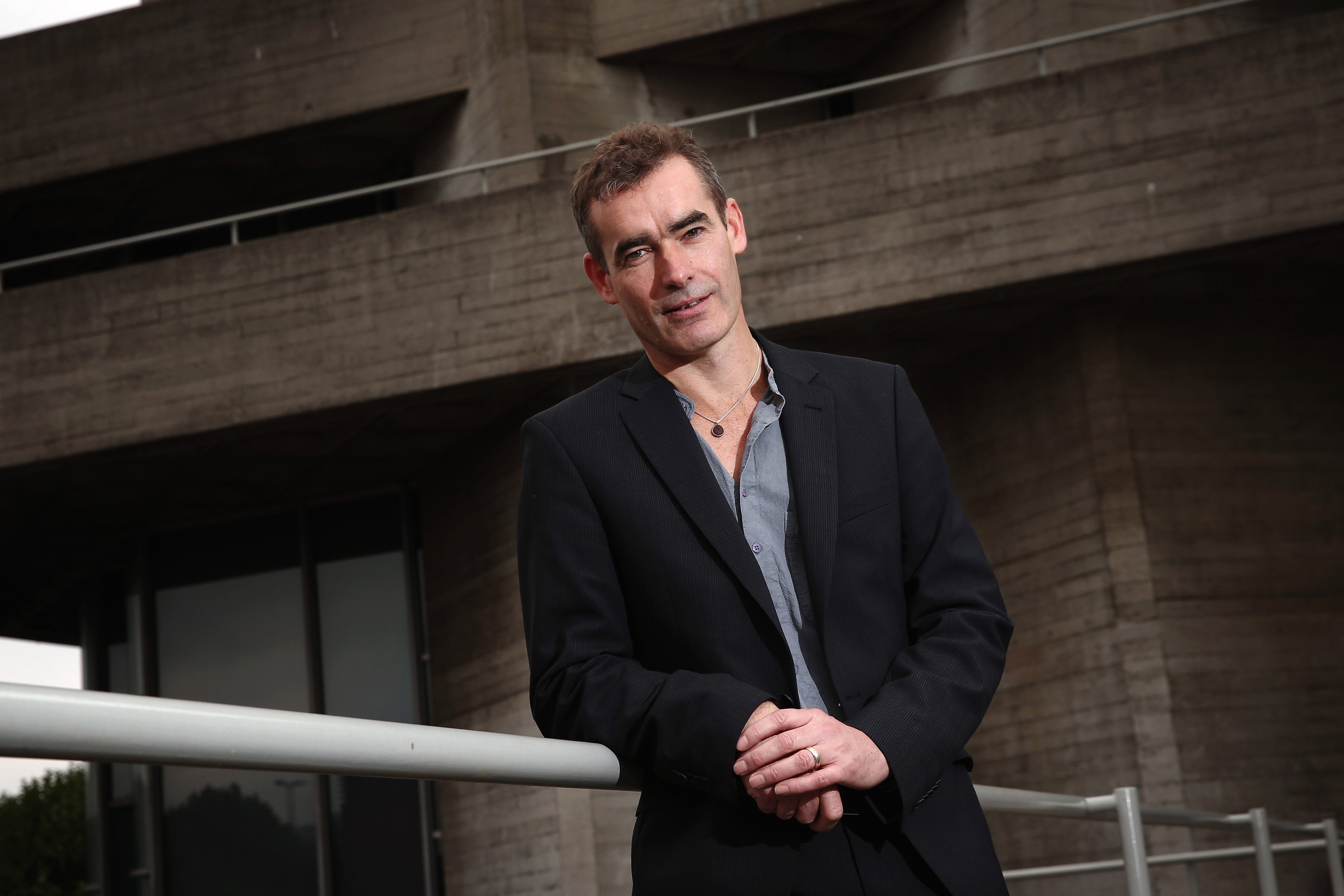
Rufus Norris has announced that he is stepping down from his role as artistic director of the National Theatre.
The British director, 58, has held the position since 2015, when he succeeded theatre director Nicholas Hytner, who now runs the Bridge Theatre. He will leave in 2025, when his 10-year term comes to an end.
“It has been and remains the greatest privilege of my career to lead the National Theatre,” Norris said in a statement on Thursday 15 June.
“For the past eight years I have had the honour of shaping the programme of extraordinary work that sparks imagination, brings people together and illustrates the vital role theatre can play in all our lives.
“The daily highlight has been to work with the peerless theatre-makers who work here, together with the incredible range of freelance artists upon whom the present and the future of the art form relies.”
In the five years before Covid, the National Theatre under Norris had its biggest audiences so far. Norris said today that audience numbers have now returned to pre-pandemic levels. He has overseen a number of hits, from Dominic Cooke’s revival of Stephen Sondheim’s Follies to Marianne Elliott’s star-studded production of Angels in America, which won Tonys upon its transfer to Broadway.
Other acclaimed productions have included Natasha Gordon’s Nine Night, an adaptation of Network starring Bryan Cranston, and a stage version of Andrea Levy’s classic novel Small Island, which Norris directed himself.
However, the National’s commitment to staging new writing has on occasion resulted in a few notorious flops, including Moira Buffini’s Manor and DC Moore’s Common.
Norris said he was “enormously proud” of the “diverse, thriving, creative hub the National Theatre is today.”
“From the work on our stages, to the audiences all around the UK and beyond that engage with us on tour, in cinemas, in schools and at home, the NT entertains and inspires people through our creativity, expertise and unique reach,” he said.
“The magic of the National Theatre is that there is nowhere else like it; to have been a small part in its illustrious history, particularly through the challenges of the last few years, is a true honour.”

The Independent understands that the search for a “successor or successors” will start now, with an aim to announce a replacement by the end of this year or the beginning of 2024.
Norris trained as an actor at the illustrious Royal Academy of Dramatic Arts (Rada) in London, before turning his hand to directing.
He won the Evening Standard Theatre Award for Outstanding Newcomer in 2001 with his production of David Rudkin’s Afore Night Come at the Young Vic. He won a second award, this time for Best Director, for his 2004 production of Festen.
Along with the news of his forthcoming departure, Norris has announced 12 new productions that will be held on the National Theatre’s South Bank stages. These include Nye, a new play from Tim Price starring Michael Sheen, and a production of Shakespeare’s Roman tragedy Coriolanus, starring David Oyelowo in the title role.

Attending a press conference to announce the news, Norris joked to reporters of his plans: “I’d like to go outside for a bit, in a couple of years, but beyond that no plans.”
Norris said he hoped to be remembered as "someone whose dress sense got better as time went on", as well as the person who oversaw the NT's improving representation among artists and audiences.
The NT has yet to appoint a woman to the role of artistic director. Asked about his prospective replacement, Norris said: “Look this just isn’t my business, the board have to choose the best person for the job, but if I felt I was employed for anything other than my aptitude for the job that’s another form of exclusion and patronisation."

Chair of the National Theatre, Sir Damon Buffini, said in a statement: “Rufus Norris has led the National Theatre with extraordinary skill, foresight and resilience during a decade of huge change in the UK and globally.
“The National’s artistic programme, as shaped by Rufus, has been exceptional in quality, prescience and popular appeal, reaching bigger audiences than at any time in the theatre’s history.
“Alongside that, Rufus’ passionate belief in opening up hands-on opportunities to young people and communities has boosted creativity right across the country and beyond. Rufus has always been ahead of the game, leading with both heart and head.”
He concluded: “Rufus’ legacy is already immense; I am excited about what will be achieved in the final two years of his tenure as the National Theatre continues to stage unforgettable productions and make great strides in addressing key priorities – from creative education and skills to environmental sustainability. The NT Board and I offer Rufus our most sincere admiration and thanks.”







